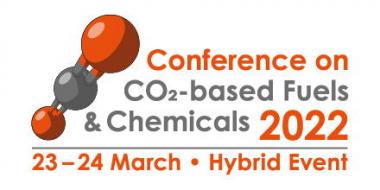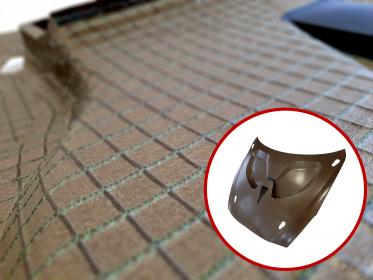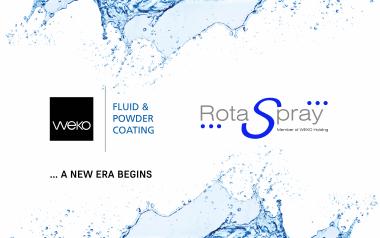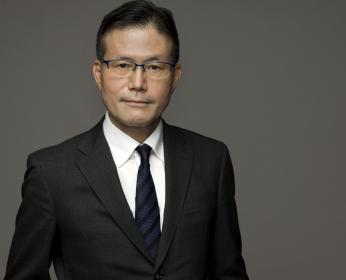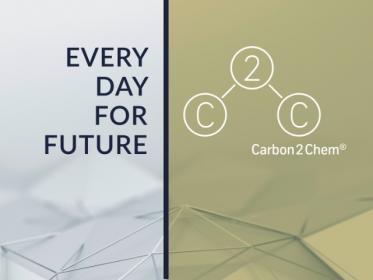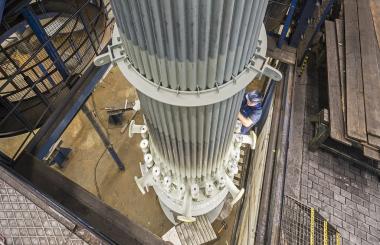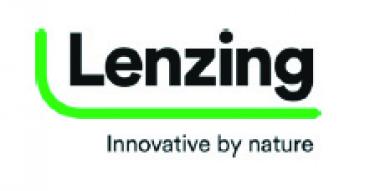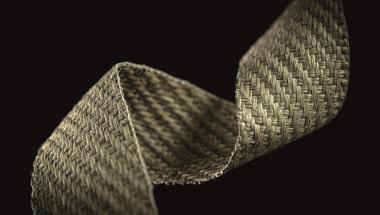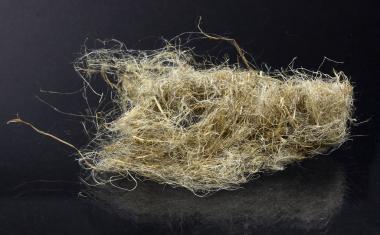Indorama Mobility Group: General price increase effective October 1st 2021
The Indorama Mobility Group, a manufacturer of industrial fibers, cords and fabrics, - like other companies - is confronted with significant inflation since the beginning of the year. The global economy has gradually recovered in 2021 from the impact of the COVID-19 pandemic, but is still experiencing very volatile market conditions: The global freight remains unreliable and expensive, cost for energy and global commodities is increasing, and the increasing focus on sustainability and environmental impact is driving compliance cost upward in most part of the world.
In detail:
- Utilities: gas price has tripled in the past few months in Europe (from a level of 15 EUR/MWh in Q4’20 to 45 EUR/MWh recently), while increasing by 50% in USA
- CO2 emissions and compliance cost: prices for CO2 certificates in Europe have almost doubled, approaching 60 EUR/ton from 30 EUR/ton at the end of last year, while regulations continue to expand the need for CO2 compensation
- Chemicals and additives (spinfinish, dip chemicals, coating & laminating chemicals): cost have increased by 5%
- Packaging: prices for standard packaging materials have increased by more than 30%
- Logistic: despite our local manufacturing footprint which is not fully affected by global freight issues, the regional logistic costs are also increasing up to 20% (road transport)
Despite constant efforts to optimise the cost structure through comprehensive initiatives to improve operations, cost increases have now reached a level, the group said, that can no longer be offset and must be passed on to the market. This is a necessary step to be able to continue supplying high-quality products and services of the broad product portfolio, it said.
Indorama Mobility Group
Indorama Mobility Group








